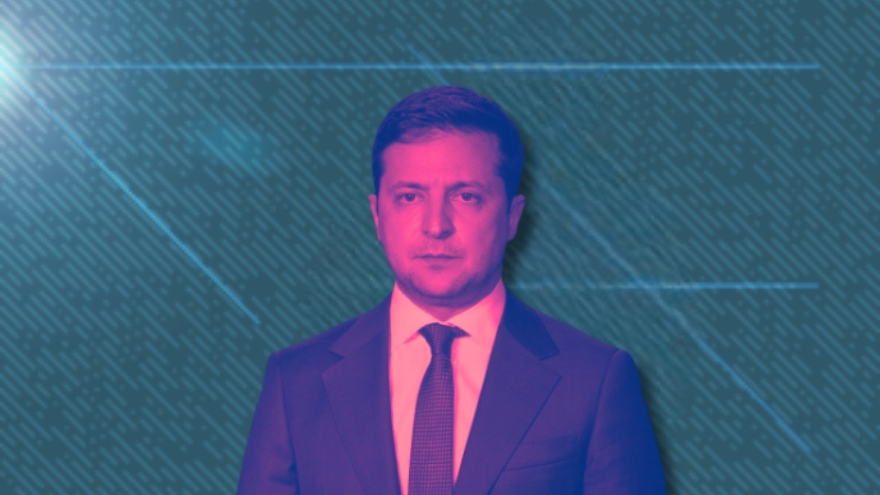A top Western official is publicly stating that plans to fast-track NATO membership for Ukraine are now on the table.
James Cleverly, UK foreign secretary, says that all NATO allies support a plan to speed up Ukraine’s NATO membership, according to a report from The Guardian.
Cleverly’s statement was made at a two-day conference in London, and came just days after President Joe Biden said the U.S. does not support a fast-tracked process for Ukraine to join NATO.
“We have seen Ukraine evolve and evolve quickly. Jens Stoltenberg at the Nato foreign ministers [summit] said many of the requirements of the membership action plan are actually being delivered,” Cleverly remarked. “The reform of their armed forces is happening while engaged in conflict and I think the UK’s position is that it would be very, very supportive if we moved on from the membership action plan recognising that the offer to both Sweden and Finland did not require that.”
He added, “The Ukrainians have demonstrated their commitment to military reform required for Nato membership through their actions on the battlefield, and I think all Nato allies recognise that.”
Expediting Ukraine’s membership in NATO will almost certainly inflame tensions with Moscow, dramatically raising the prospect of war, given that Ukraine joining NATO under any circumstances has been considered a hard red line for the Kremlin for decades.
Oleksiy Arestovych, a former advisor to Ukrainian President Vladimir Zelensky, stated during a 2019 interview, “With a 99.9 percent probability, the price for our entry into NATO is a major war with Russia.”
The UK foreign secretary just said all NATO allies are backing a plan to fast-track Ukraine's NATO membership.
Former Zelensky advisor Oleksiy Arestovych stated during a 2019 interview:
"With a 99.9% probability, the price for our entry into NATO is a major war with Russia." pic.twitter.com/IhbeKWCnHn
— Adrian Norman (@AdrianNormanDC) June 22, 2023
Former U.S. Secretary of State James Baker pledged to former Soviet leader Mikhail Gorbachev in 1990 that NATO would not move “one inch eastward” as part of a package of security guarantees, just over a year before the dissolution of the Soviet Union.
Weeks later, a West German chancellor assured Gorbachev “we believe that NATO should not expand the sphere of its activity,” according to a trove of archived documents spelling out the West’s repeated assurances that NATO would not encroach upon Russian territory.
Yet, by 1997, U.S. officials were already in violation of their own sworn promises, drawing up plans to do exactly what they said they wouldn’t — expand NATO member countries closer to Russia.
The Kremlin has warned that an expansion of NATO military infrastructure to Ukraine would cross a “red line,” promising retaliation in the event those lines are crossed. Neighboring country Belarus has agreed to take action alongside Russia.
Last month, as tensions over Ukraine continued, Russia completed a deal to deploy tactical nuclear weapons in Belarus.
“In the conditions of an extremely sharp aggravation of threats and the activities of NATO’s joint nuclear missions, we are forced to take retaliatory measures in the military-nuclear sphere,” Russian Defense Minister Sergey Shoigu said at the time. “In accordance with the decision of our supreme commanders, we’ve deployed Russian non-strategic nuclear weapons on the territory of the Republic of Belarus.”
Days before NATO member countries confirmed they are open to fast-tracking Ukraine’s membership, Russian President Vladimir Putin said he plans to soon deploy into combat duty the world’s most powerful nuclear weapon.

